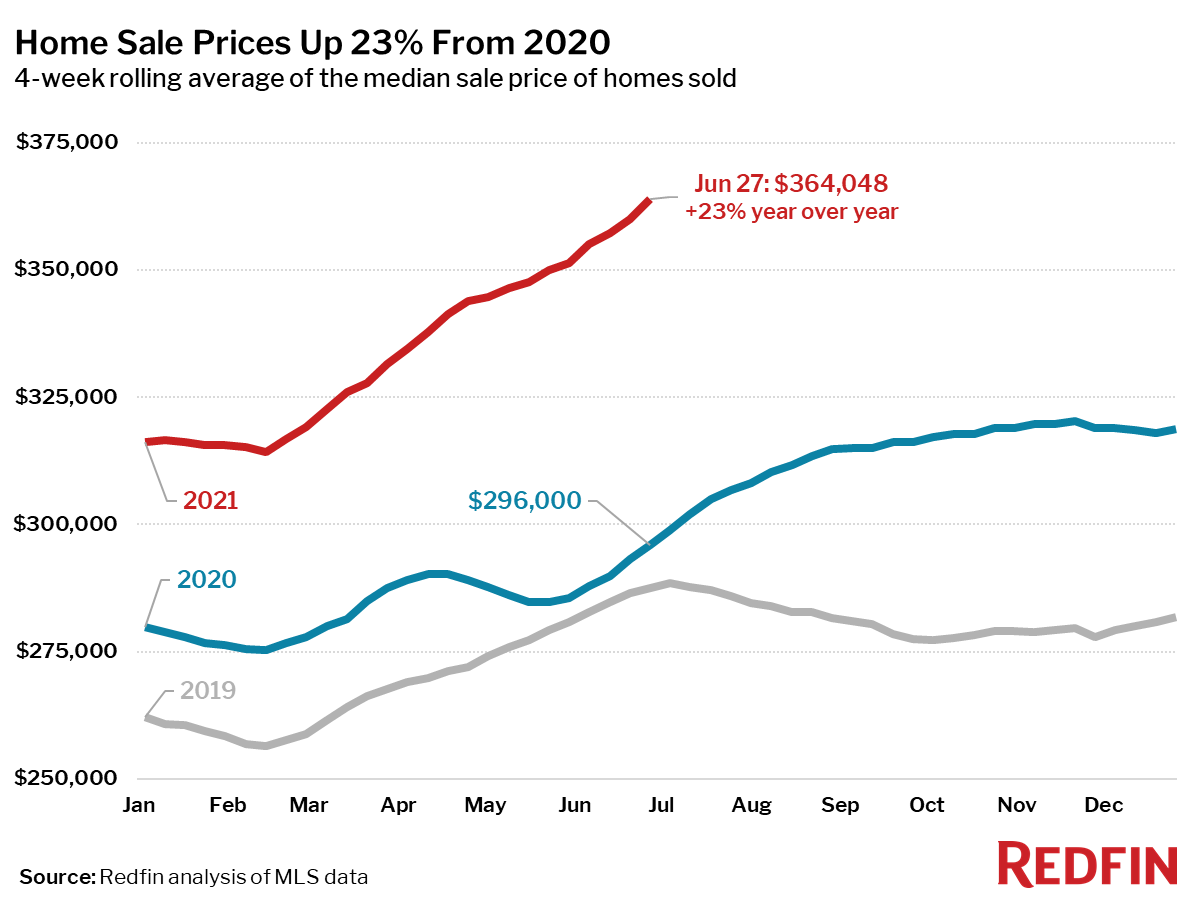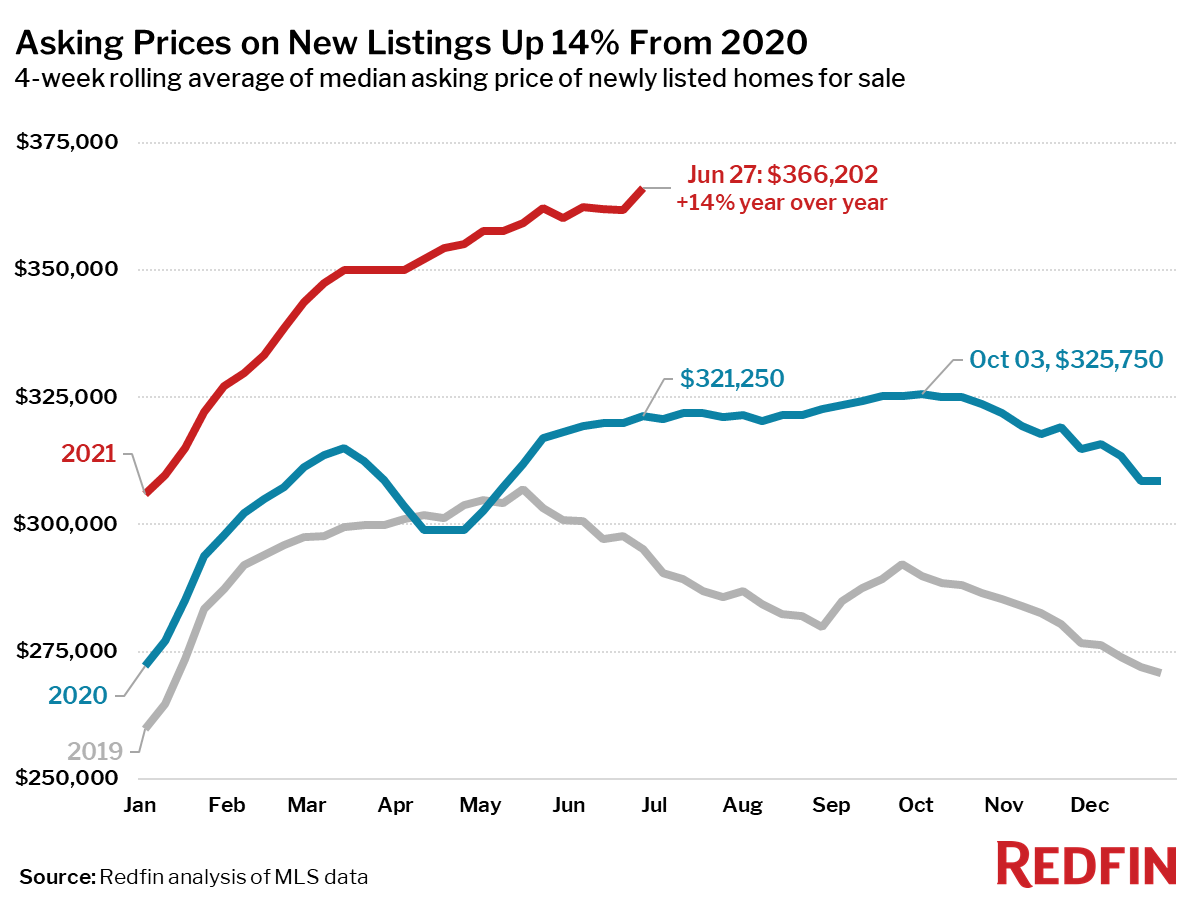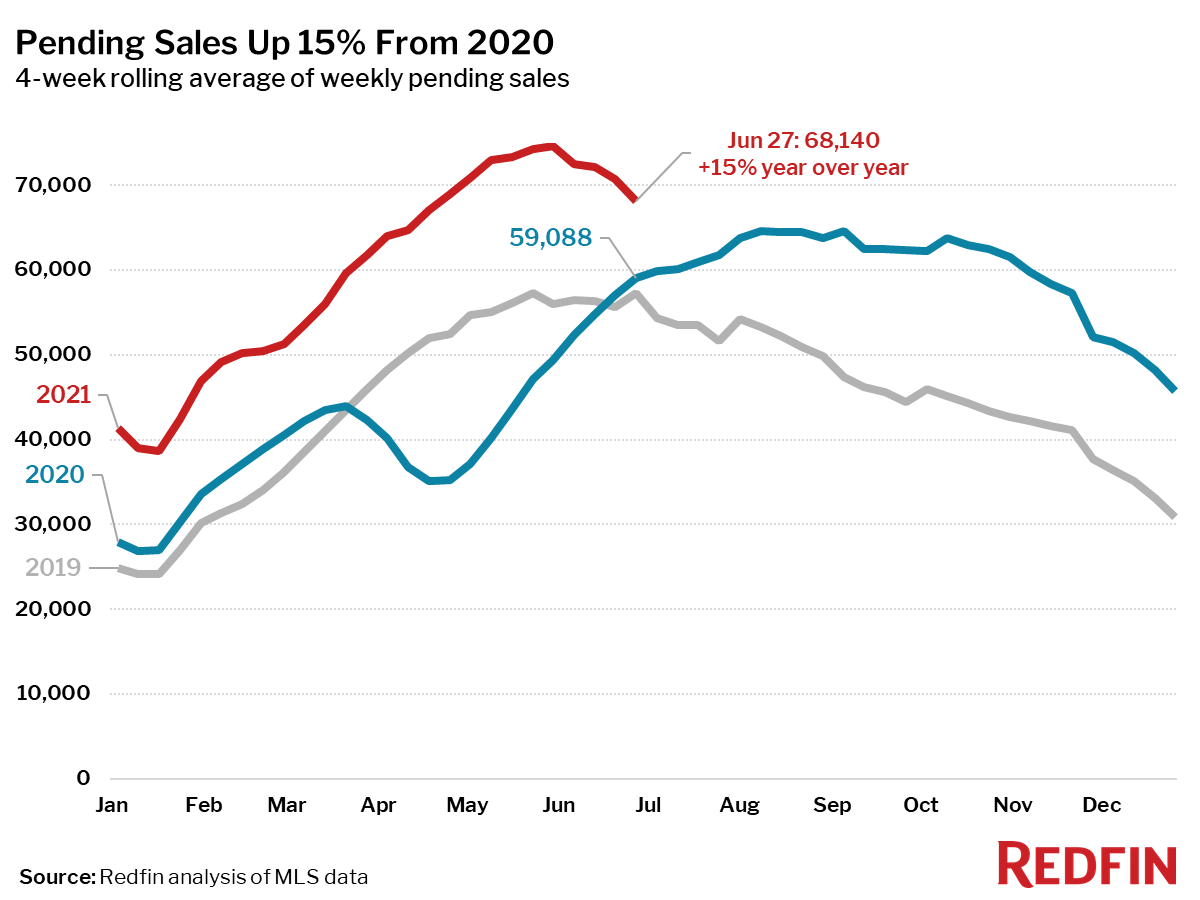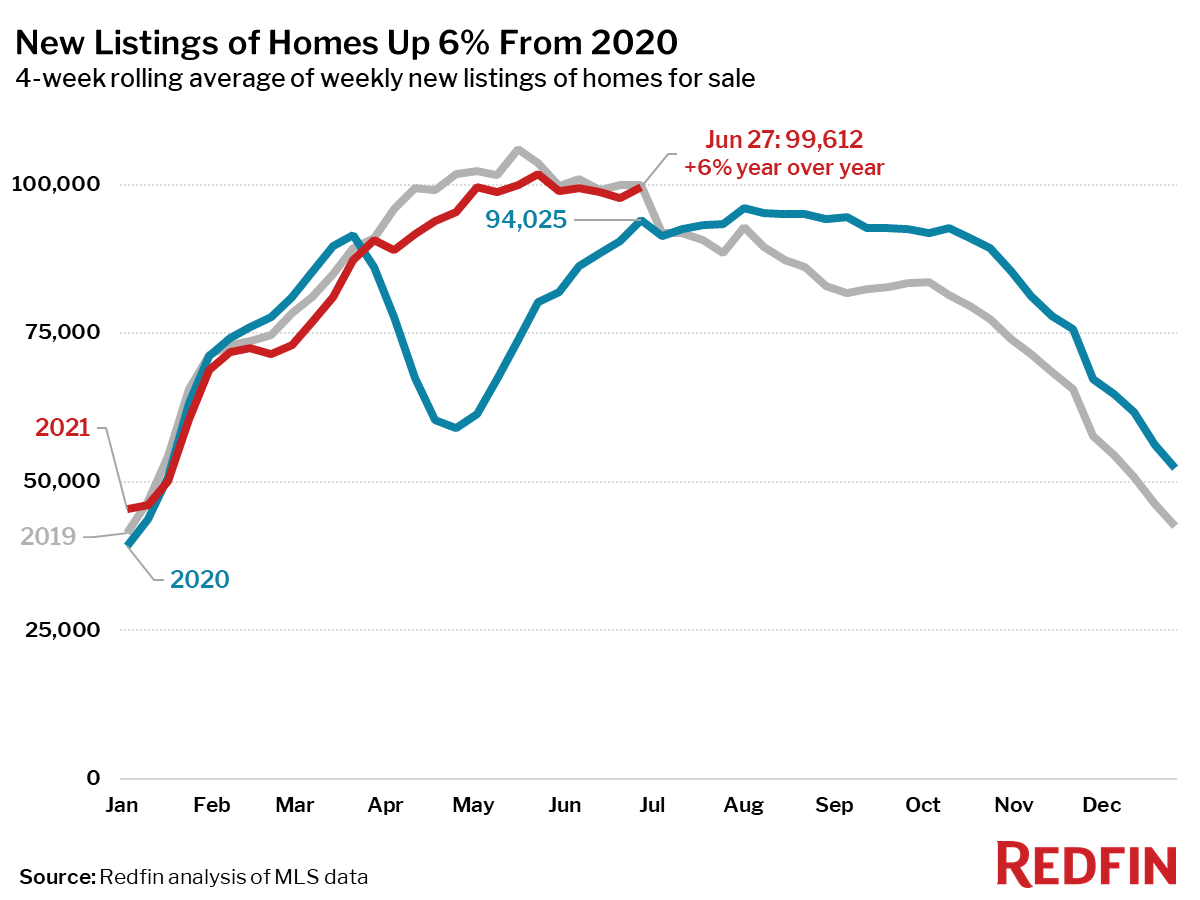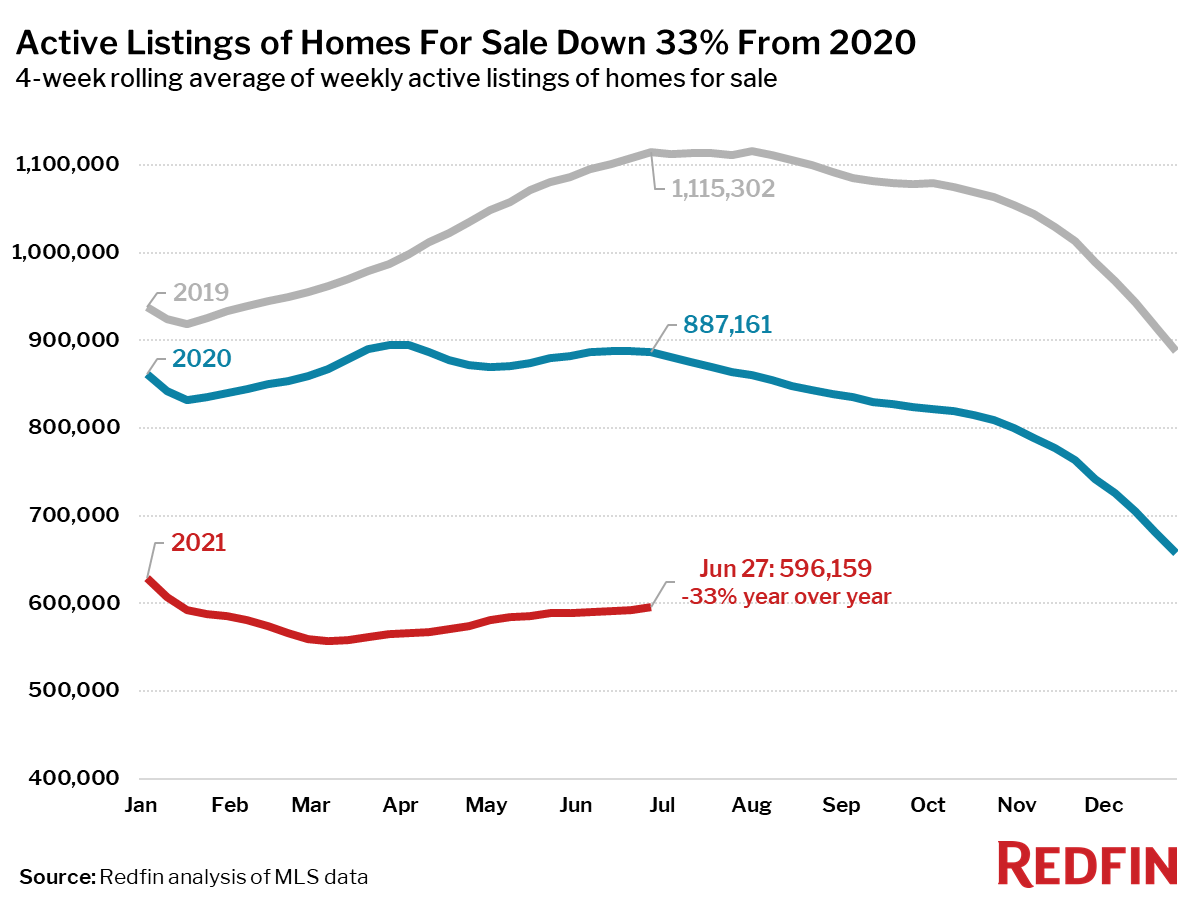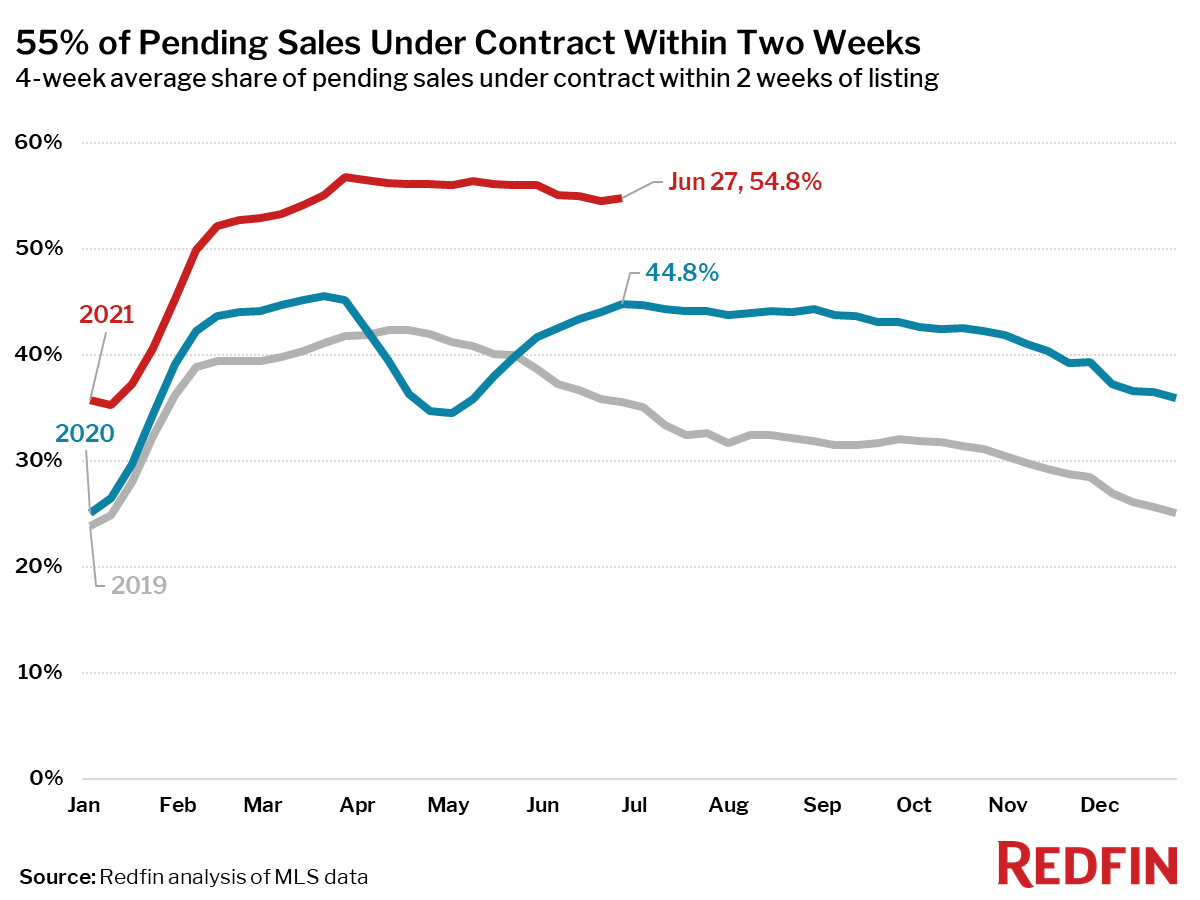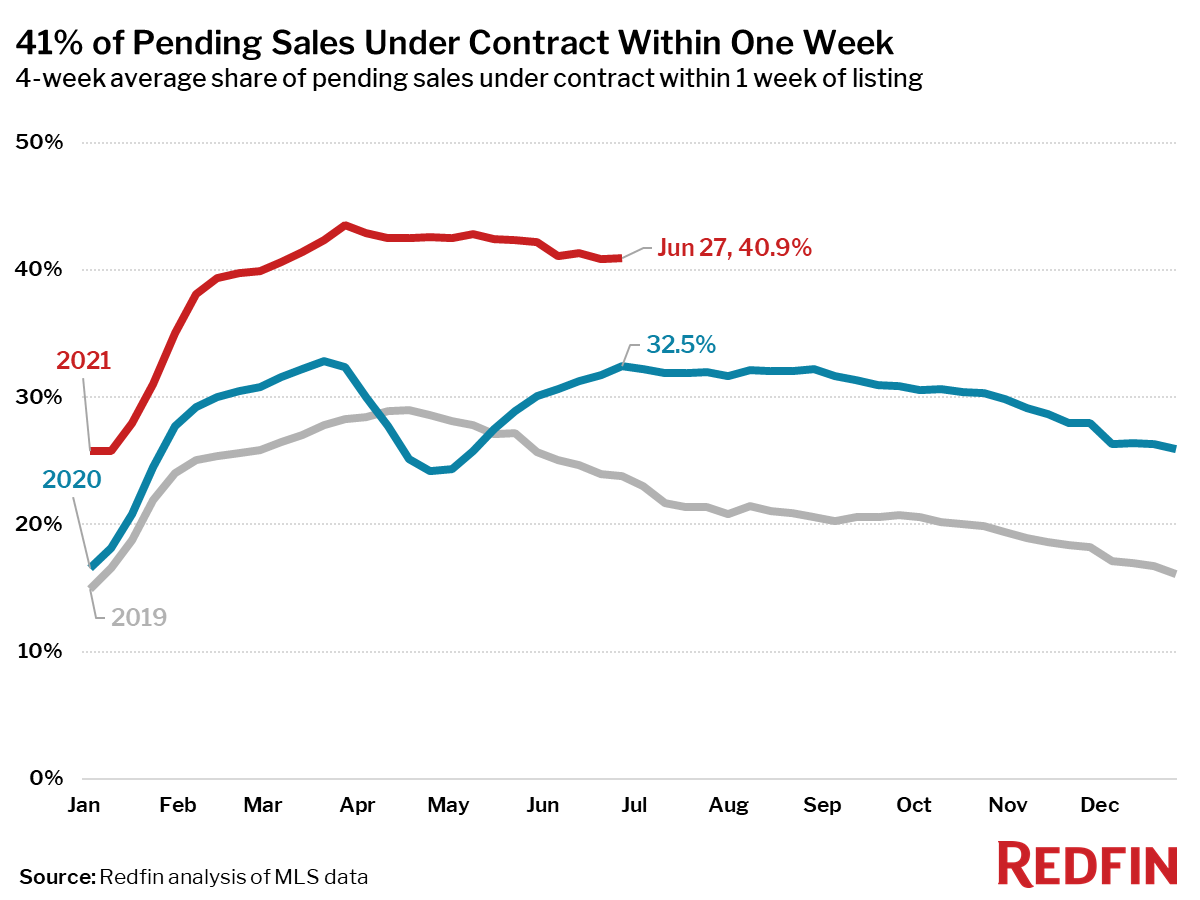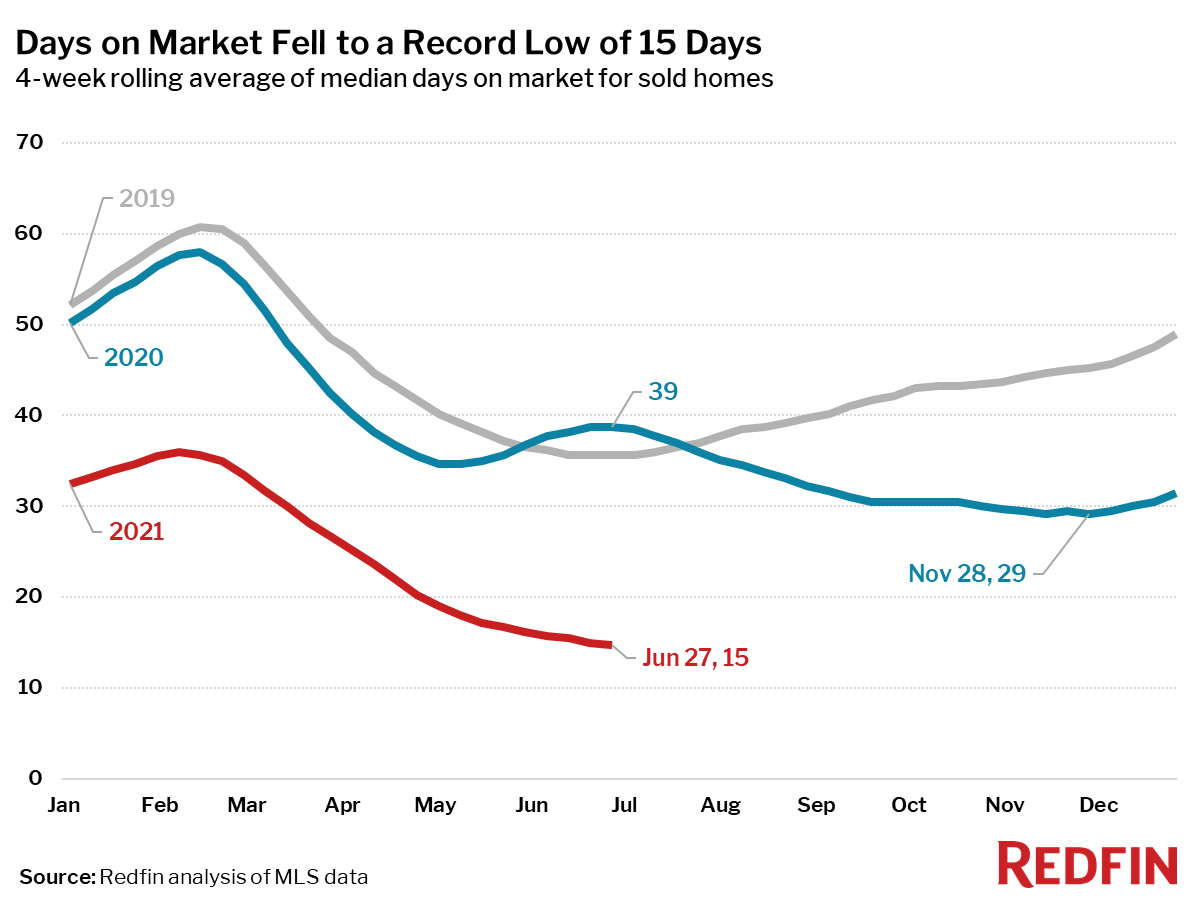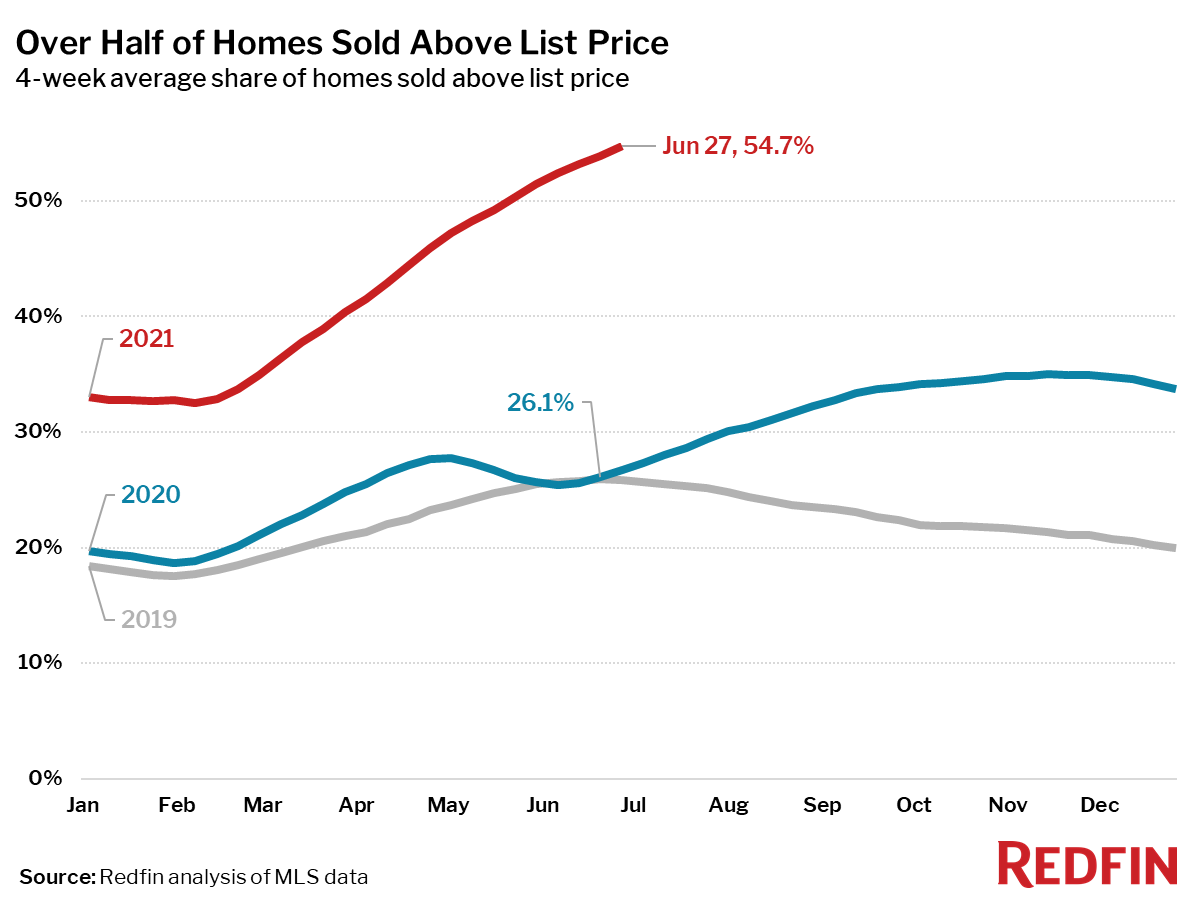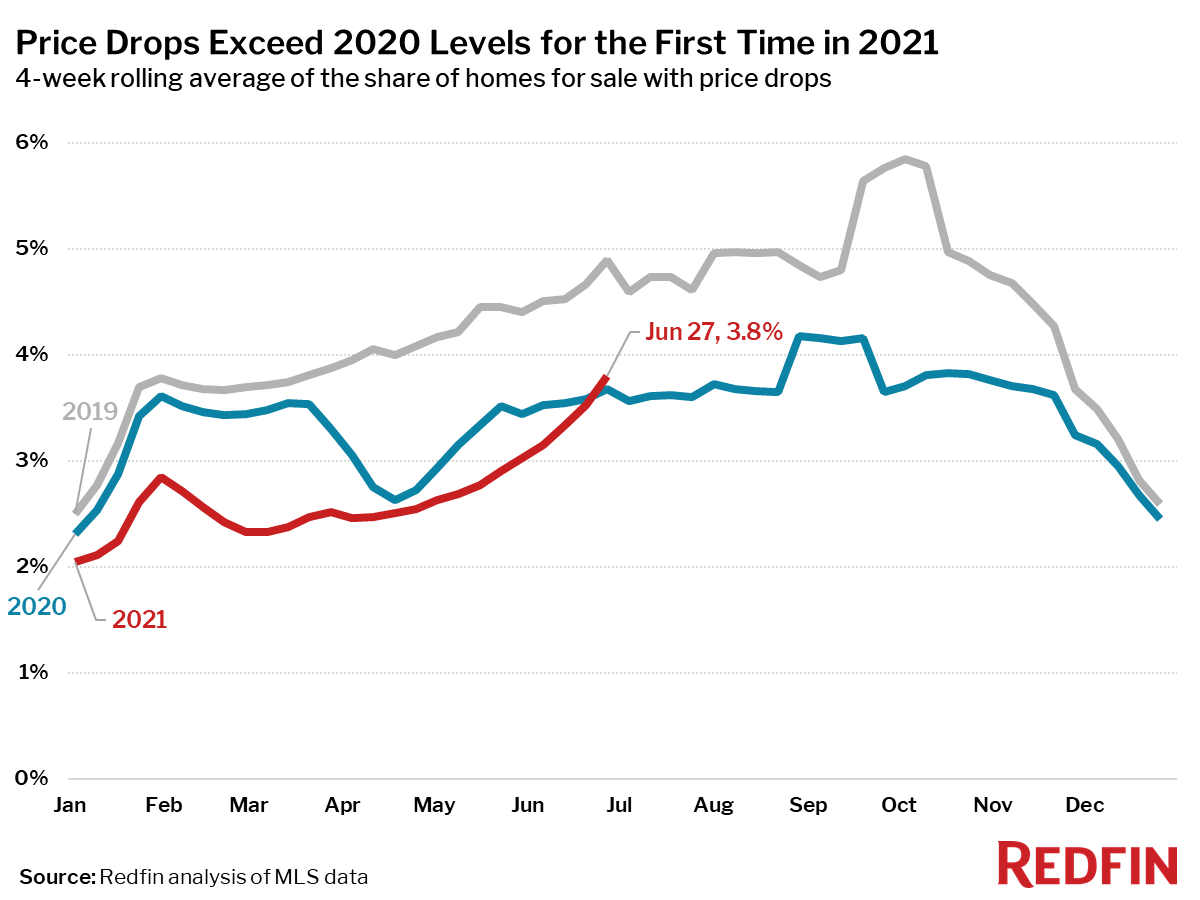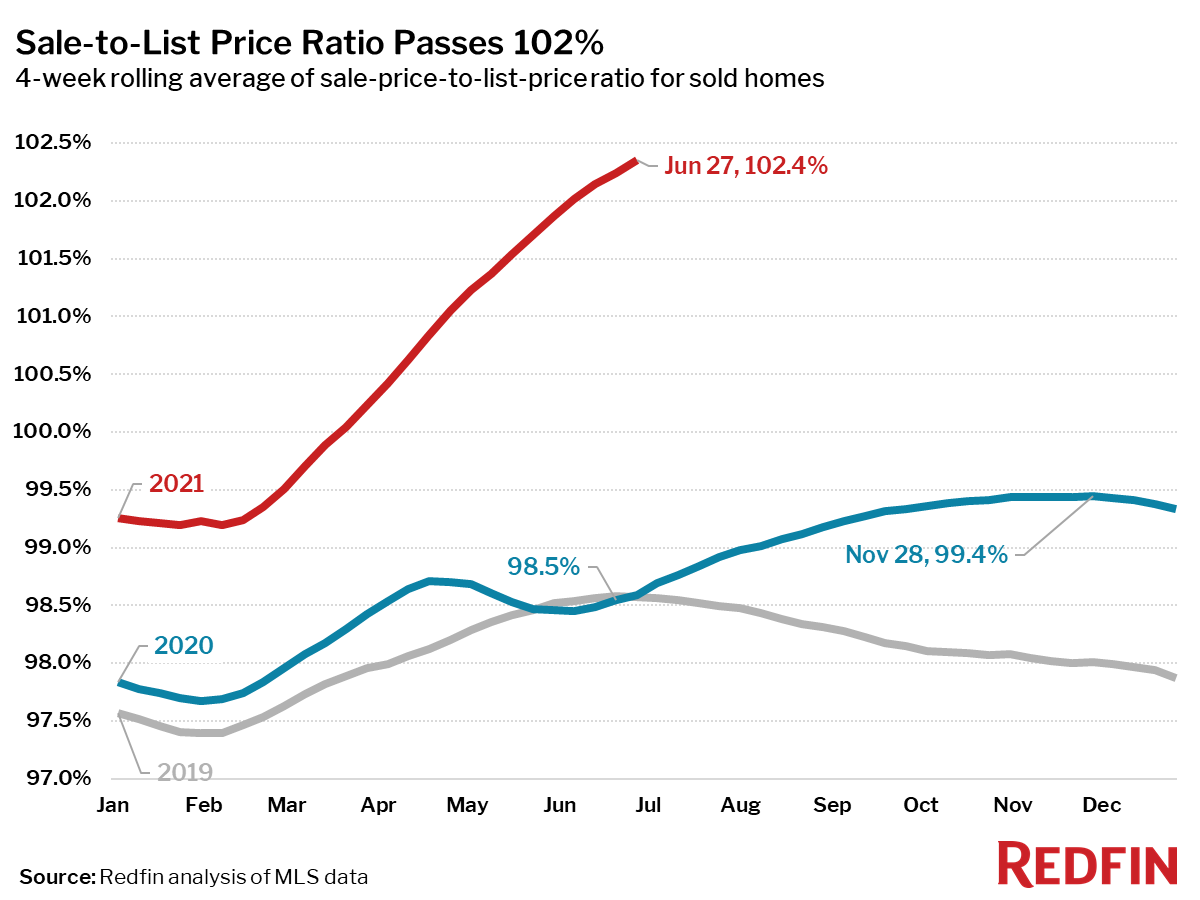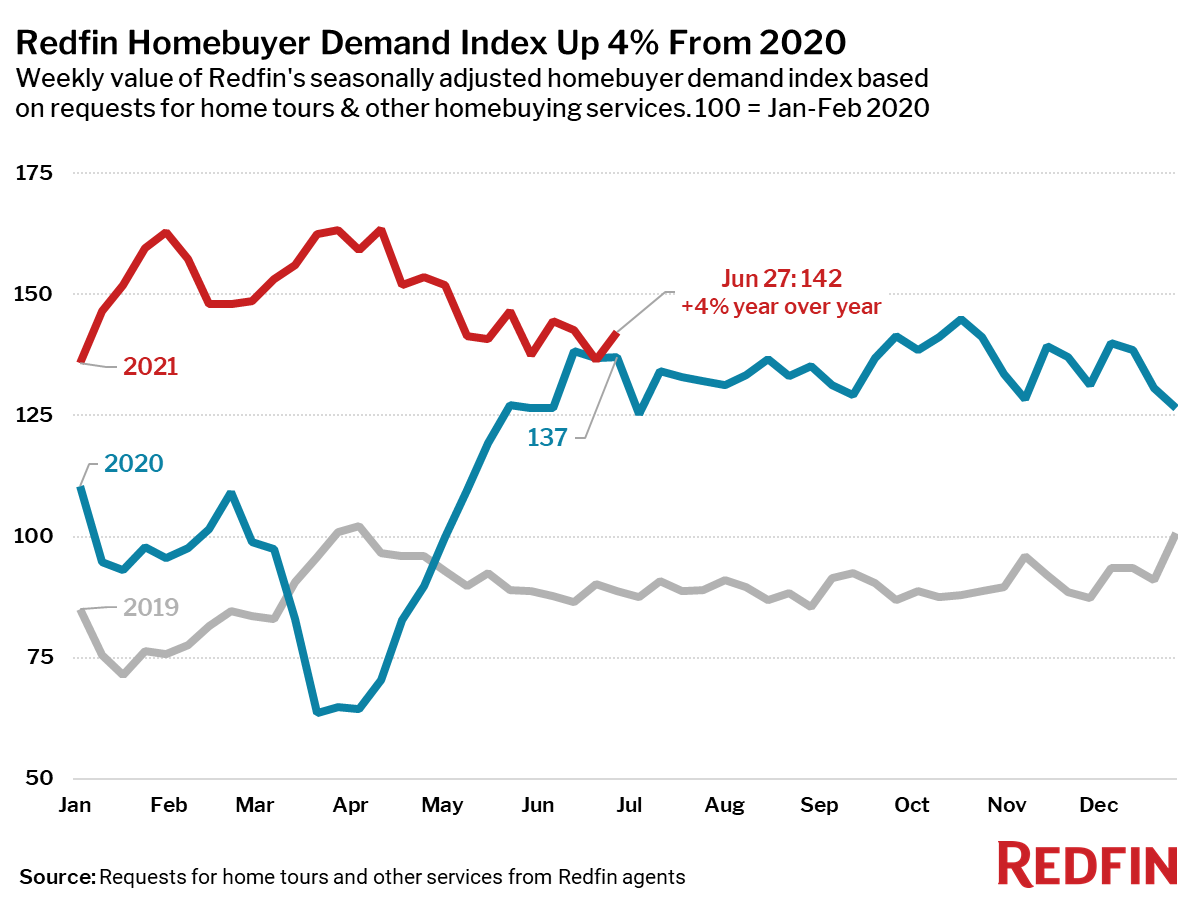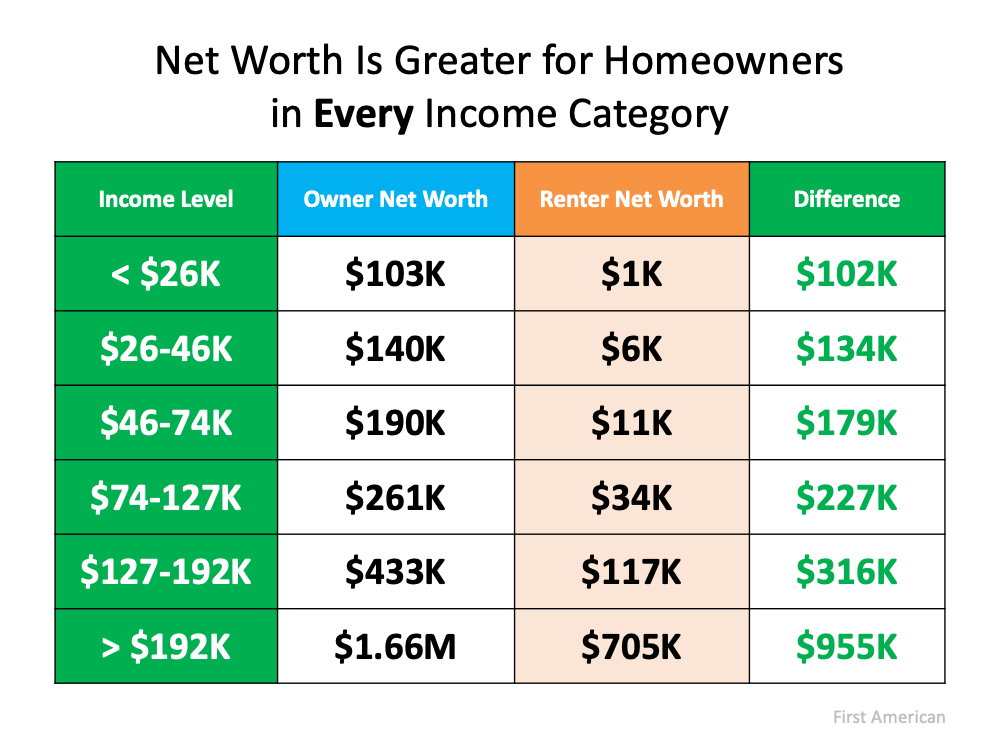
Original Post – https://www.latimes.com/business/story/2021-08-01/rich-people-seek-the-best-crystals-for-oversized-home-decor
Seven feet tall and encrusted with lavender spikes throughout its craggy interior, the 1-ton amethyst throne required five men to muscle it through the double doors of gem shop Crystalarium.
It’s not cheap to own a sparkly boulder chair. This particular specimen, the largest the West Hollywood store has procured, costs $45,000. But Crystalarium has sold four in recent months: an orb-shaped amethyst one for a celebrity singer; a his-and-hers set bought sight unseen by a Bel-Air couple, who placed them poolside; and a white quartz version that a customer lugged aboard his yacht despite its 900-pound weight.
As crystals of all types and sizes have skyrocketed in popularity, wealthy buyers seeking one-of-a-kind showstoppers are gravitating toward ever-larger statement pieces. No longer the stuff of pendants and pockets for the New Age set, crystals are being sculpted into love seats and coffee tables, set atop pedestals and illuminated with dramatic uplighting, and sliced lengthwise before being mounted to look like life-size angel wings.
Cheryl Rey, curator and manager of Crystalarium, sits on a one-ton amethyst throne.
Cheryl Rey, curator and manager of Crystalarium, sits on a one-ton, $45,000 amethyst throne. The West Hollywood gem store has sold four crystal thrones in recent months. (Genaro Molina / Los Angeles Times)
Longtime mineral collector Peter Megaw said the global market for high-end crystals has increasingly come to resemble fine art, with scarcity driving demand for spectacular and unique pieces, and more attention being paid not just to size but also attributes such as color, transparency and flawlessness. After all, he noted, “there are only so many Rembrandts out there.”
“They have these giant amethyst geodes from Brazil — I’m talking the size of an efficiency apartment or an SUV — and they break these things in half,” Megaw, the exhibits chair for the annual Tucson Gem and Mineral Show, said of the kinds of crystals available today. “You can turn a handle so the thing opens and closes like a clam under the ocean.”
The pandemic turbocharged the craze. Stuck indoors for much of the last year with fewer opportunities for discretionary spending, many well-off homeowners went on lavish redecorating and renovating sprees or bought new properties in need of furnishings. There was a treat-yourself mentality and a wellness-driven desire to infuse the home with mystical “healing” energy after a turbulent time.
“Over the years, what I have found with the very wealthy is that they are into alternative methods of everything,” said Rayni Williams, a top luxury real estate agent and co-founder of brokerage firm the Beverly Hills Estates. She’s a believer, too, always carrying black tourmaline with her to ward off “a negative force coming toward you” and outfitting her new Sunset Strip office with a pair of 4 1/2-foot-tall amethysts, a rose quartz boulder weighing several hundred pounds and, in one corner, a slab of citrine — the yellow-orange stone “brings abundance,” Williams said, and is for “accruing good real estate and protecting your assets.”
Rayni Williams recently outfitted her new Sunset Strip office with large crystal pieces, including a chunk of citrine.
Rayni Williams, a top luxury real estate agent, recently outfitted her new Sunset Strip office with large crystal pieces, including a chunk of citrine that she said is “for accruing good real estate and protecting your assets.” (Ryan West / Courtesy of the Beverly Hills Estates)
She also carts her own $50,000 collection of one dozen opulent crystals from multimillion-dollar listing to multimillion-dollar listing to help stage the megamansions and to metaphysically invigorate those that have languished without an offer. “I’ve been using crystals for 15 years, my entire career,” she said. “My house that I built — I put them in the foundation.”
As status crystals have become a coveted commodity, a constellation of related businesses are catering to rich collectors around the world.
Beverly Packing in Bellflower specializes in handling and moving expensive artwork and “unusual pieces,” including all of Crystalarium’s enormous crystals. To transport especially unwieldy ones to customers’ homes, founder Mike Sarbakhsh builds a custom wooden crate and a platform that he said resembles an ambulance stretcher.
“They carry it like an injured person, four guys,” Sarbakhsh said of maneuvering the rocks. “Sometimes if it’s really heavy, we’ll put a wheel under it or a dolly. Depends on the piece, depends on the situation and how fragile and all of that. Knock on wood, nothing’s happened yet.”
Crystalarium in West Hollywood sold this white quartz throne to a customer who lugged it aboard his yacht
Crystalarium in West Hollywood sold this white quartz throne to a customer who lugged it aboard his yacht despite its 900-pound weight.(Cheryl Rey)
For months, interior designer Demetra Chazanas has been fielding requests from Westside clients to track down oversized crystals — “they want massive” — and devise ways to properly display them.
She recently custom-designed crystal alcoves for clients in Brentwood and Beverly Hills, a process that involved carving out a portion of an interior wall and ensuring that the foundation underneath would support the substantial weight.
“The geode’s your big thing, around $20,000,” Chazanas said, rattling off the costs of such a project. “Construction is, you know, nothing crazy — let’s say five-to-seven thousand dollars to get everything situated. The contractor is anywhere from $10,000 to $15,000, so you’re looking all in: $40,000. That’s if you’re doing one large piece.”
It’s the best example of freewheeling capitalism that you could ever hope to see.
PETER MEGAW, EXHIBITS CHAIR OF THE TUCSON GEM AND MINERAL SHOW
So-called near-gemstones are now estimated to be a $1-billion-plus global industry after celebrities helped push crystals mainstream. Adele holds them while performing to overcome stage fright and Naomi Campbell travels with them. Katy Perry raved about rose quartz’s abilities to attract men. There’s a pink heart-shaped crystal on Miranda Kerr’s nightstand next to a framed photo of her and her husband, Snap CEO Evan Spiegel; the supermodel keeps crystals in her purse and in the basin of her bathtub, and has touted the benefits of “massaging the body with a crystal.”
There are now crystal-infused moisturizers, crystals embedded into bras and a Kim Kardashian line of crystal-themed perfumes in crystal-shaped bottles. Victoria Beckham designed a line of wide-leg trousers with secret pockets for crystals.
Former soccer player David Beckham and designer Victoria Beckham in 2018
Victoria Beckham, right, with husband David Beckham at the Fashion Awards 2018 in London. The fashion designer, one of many celebrities who espouse the powers of crystals, released a line of wide-leg trousers with a “secret pocket” for crystals.(Joel C Ryan / Invision via AP)
After losing his home and nearly all of his possessions to the 2018 Woolsey fire, including the crystals he’d begun collecting as a kid, Kristin Martin bought a new Malibu home one canyon over and is in the midst of moving in. He enlisted a local gems dealer to “crystallize” the space with good vibes and has decked it out with two dozen mid- to large-size pieces, including a 3-foot-wide citrine topped with glass, a rose quartz boulder and a chunk of amethyst in the garden.
“We have a nice yard and a nice place for big crystals to go,” said Martin, 47, the executive director of two nonprofit groups. “With the new house especially, we kind of went to town. It’s amazing sitting here watching this little quail dipping in the waterfall, next to the big fat crystal.”
(Asked if he recalled how much he spent on the new crop, he said: “I don’t, honey. I have no clue about that kind of stuff, honestly,” but noted that “I’m not Barbra Streisand here. For us it feels like a little bit of a luxury.”)
Martin bought many of his new crystals from Lenise Sorén, who owns two Sorenity Rocks galleries in Malibu; a third in Ojai is in the works. Right before the start of the pandemic, she opened a 2,300-square-foot “crystal sanctuary” in Point Dume to house her nonprofit organization, Malibu Gives.
“I’m the keeper of the two largest rose quartz crystal skulls in the whole world,” Sorén said on a recent afternoon as she toted her rescue dog, Puppy Power, and occasionally paused to facilitate a crystal sound bath. “Having large crystals changes the house.”
Part gallery, part event space, part “detoxifying machine,” the sanctuary is a place where customers “can sit, stand and lie around large crystals,” Sorén said. And buy them, such as a $125,000 amethyst coffee table or a $333,000 peach-colored quartz the size of a laundry basket (she said half of the proceeds from sales made at the sanctuary go toward her nonprofit).
You don’t even have to commit to one of the behemoths. “Let’s say you’d love to have the crystals for a special event or party or pre-op or post-op,” she said. “Several of the crystals are available for rentals.”

As shoppers flood the market, industry groups and critics warn of fakes, poor mining conditions and other problems including widespread illegal activity and weak oversight. “These challenges are particularly acute in countries that primarily produce colored (non-diamond) gemstones,” said a report by the nonprofit Natural Resource Governance Institute.
Dealers also expressed concerns about runs on specific pieces sparked by social media virality. After TikTok influencers espoused the beauty and purported powers of moldavite, an olive-green tektite, “we would get asked every single day,” said Cheryl Rey, Crystalarium’s curator and manager. “It drove up the prices quite a bit.”
“It’s a beautiful thing to know that the stones are catching on, but there’s a finite quantity of them,” said Rey, who has shipped large pieces to wealthy collectors in Canada, London and Australia. “Once it’s collected, it’s all gone.”
Sellers insist they’re careful about where and how they obtain their crystals, and buy only from reputable dealers with an established history of sourcing ethically. Many make annual pilgrimages to the Tucson Gem, Mineral & Fossil Showcase, the largest gathering of its kind in the world.
The 2020 Tucson expo was a record-breaker with 53 separate events and 12,000 dealers. With this year’s convention canceled because of COVID-19, exhibitors are expecting huge pent-up demand for the 2022 show, which will run from late January into February. Chazanas, the interior designer, already has a crystals shopping list with requests from half a dozen clients and is planning on bringing a mover with her to Arizona to help carry back the haul.
Gargantuan crystals from China “come out with hand-carved rosewood bases with flowers and trees, which complement the specimen from bottom up,” Megaw, the exhibits chair, said. “They’re thinly disguised forklift pallets because that’s what you need to move these things around.”
“We’re basically a hobby show that got out of control,” he said. “It’s the best example of freewheeling capitalism that you could ever hope to see.”
And if the rich tire of big crystals by then, they can move on to big fossils.
“You want a T. rex for the living room? You can get one.”










